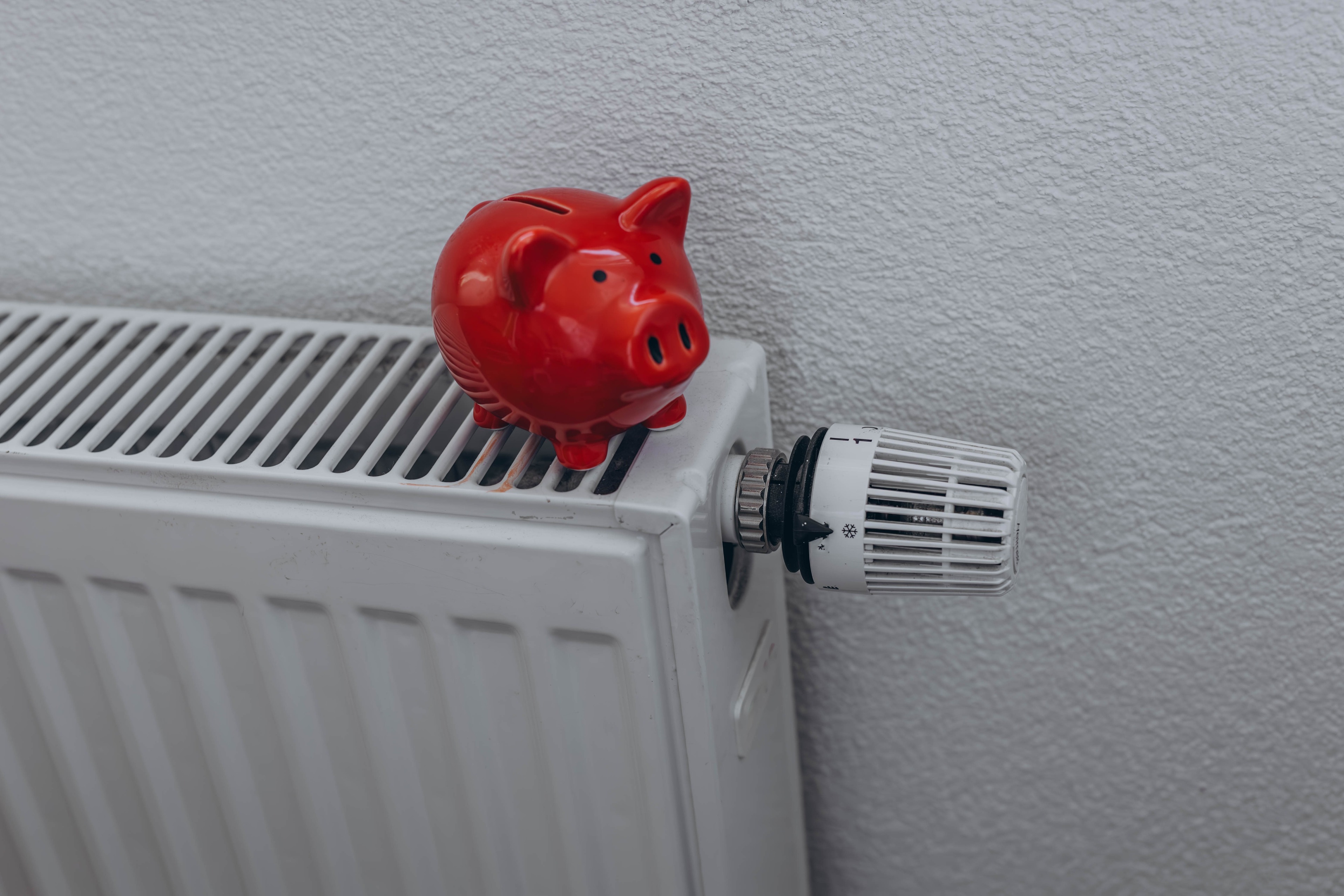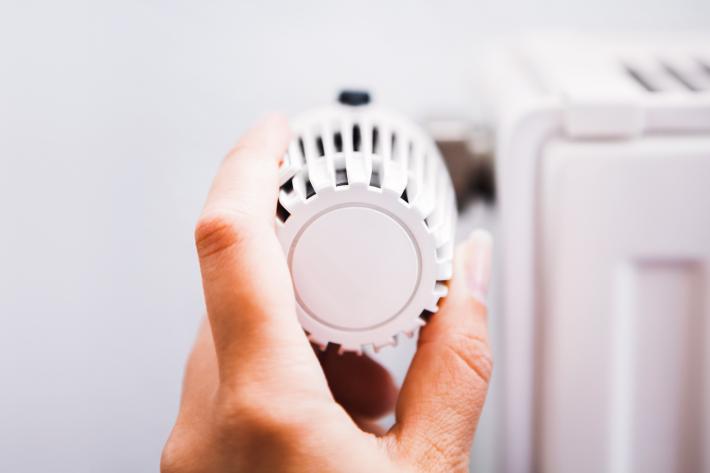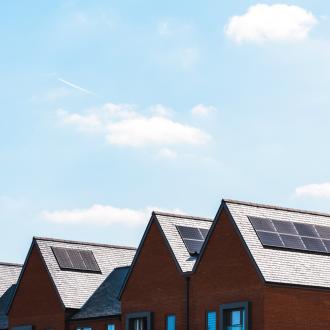Efficiently heating your home

Making your home more energy efficient will help you retain the heat inside and save you money on your bills.
Improving your home heating is also one of the best ways to reduce your emissions, so installing things like insulation doesn’t only feel good for you, it’s better for the planet too.
£60 a year
Turning your heating thermostat down by just one degree will help to reduce the amount of energy you use. You probably won’t feel the difference, but you could save around £60 a year.

5 quick energy saving tips
There are lots of changes you can make around your home quickly, easily and relatively cheaply, to help you save money and energy. There’s also free, impartial advice available from Home Energy Scotland if you’re ready to make bigger improvements to your home heating, liking installing insulation or a heat pump.
- Turn down by one degree
Turning your heating thermostat down by just one degree will help to reduce the amount of energy you use. You probably won’t feel the difference, but you could save around £60 a year.
- Switch appliances off standby
Standby is the energy used by some appliances when we’re not using them but they’re not switched off at the plug. As these appliances are often left on for 24 hours a day, they can end up consuming a great deal of electricity. There are a number of products that can help with this, such as standby savers that allow you to turn off all your appliances in one go.
- Change your shower head
Replacing an inefficient shower head with a water-efficient one reduces the amount of water you use, which helps you to save money on your gas bills and your water bills. Taking a shorter shower can cut down costs too. Try sticking to four minutes or less.
- Keep drafts out and heat in
Draught-proofing is one of the most cost-efficient ways to help heat your home. It means blocking up unwanted gaps that warm air is escaping through. Keeping the warm air inside means you’ll use less energy to heat your home, so you’ll save money as well as feeling comfortable and snug.
- Smart heating controls
If you can, invest in smart heating controls. They work by learning your habits and adjusting your heating system to minimise energy use.
Find out more ways to keep your home warm and reduce emissions on the Energy Saving Trust website.

Take action starting now
To achieve net zero by 2045, we must take action now. Start here to find ways that you can make changes in your life at home and on the go.
Complete our survey to let us know how useful you've found this page and have your say to improve the information on this site in the future.





